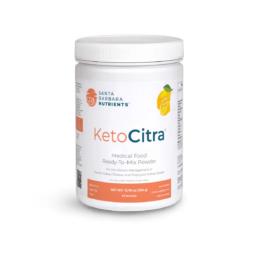Knowledge Does Not Correspond to Adherence to Renal Diet Restrictions in Patients With Chronic Kidney Disease
Education or knowledge alone is not sufficient to make meaningful lifestyle changes. It is not enough for a patient to meet with a doctor, dietitian, or nutritionist once and be expected to be educated about diet and other modifications.
The researchers in this study proved and concluded that “instruction efforts should go beyond providing nutrient-based diet information, and instead emphasize healthy food patterns and incorporate counseling to promote behavior change.”
In another word, patients need to be educated and coached to achieve better lifestyles and outcomes.
Read Study
Join us in the fight against kidney disease and receive the FREE Report “5 Pitfalls to Avoid When Caring for Kidney Patients”
Apixaban, compared with warfarin, was associated with a lower risk of CKD stage progression
In this study, researchers studied 12,816 patients who received either apixaban or warfarin for non-valvular atrial fibrillation. Apixaban was associated with slower progression of CKD than warfarin. We think that this underlines the role of vitamin K in vascular and kidney health.
Read Study
Periodontal disease was associated with incident kidney disease
Researchers studied data from the Hispanic community health study to see if there is any association between periodontal disease and the development of kidney disease.
They found that the presence of ≥30% of sites with probing depth ≥4 mm and absence of functional dentition (<21 permanent teeth present) were each associated with increased risk for incident low eGFR.
Does treating periodontal disease prevent the development and progression of CKD? Research does not have the answer yet but we think so.
Read Study
We would love to hear your feedback. Let us know what you think of these educational materials and if you like us to focus on certain topics. Email us at info@inkidney.com




